Russia firm says will continue military, technical cooperation with Iran under international law
A senior Russian arms exporter says his country is firmly determined to continue military and technical cooperation with Iran, strictly observing international law and the two countries' regulations, after the termination of a decade-long UN arms embargo on Tehran.
The director general of Russia's state arms exporter, Rosoboronexport, Alexander A. Mikheev, made the remarks on Sunday while speaking to reporters at the Dubai Airshow 2021 exhibition in the United Arab Emirates.
"Regarding the prospects of military-technical cooperation with Iran, it is vital to answer that under any circumstances, cooperation will be maintained given strict abidance by active legal norms of both countries, international commitments of the parties, and norms of international law," Mikheev said.
The longstanding UN ban on the sale of arms from/to Iran was terminated on October 18, 2020 under the terms of the UN Security Council Resolution 2231, which was passed by the world body to uphold the 2015 nuclear deal, officially known as the Joint Comprehensive Plan of Action (JCPOA), signed between the Islamic Republic and world powers.
It came after the administration of former US president Donald Trump suffered an embarrassing loss after it failed to renew the Iranian arms embargo through a resolution at the United Nations Security Council. Russia and China voted against the motion and the remaining 11 council members, including France, Germany and the UK, abstained.
In April 2015, Russian President Vladimir Putin signed a presidential decree, paving the way for the long-overdue delivery of the S-300 long-range air defense systems to Iran, which came after the conclusion of the JCPOA.
Moscow delivered the first batches of the S-300 air defense system to Iran in 2016.
Tehran and Moscow signed a similar contract in 2007, but it was frozen in 2010 after the UN Security Council adopted Resolution 1929, prohibiting transfer of armament to Iran.
However, according to Dmitry Shugaev, director of the Federal Service for Military-Technical Cooperation of the Russian Federation, the two sides also inked a number of other contracts that did not fall under UN Security Council sanctions.
For example, Tehran bought from Moscow a set of repair and diagnostic equipment, radio monitoring equipment and electronic intelligence systems.
According to the Center for the Analysis of the World Arms Trade (TSAMTO), Iran has shown interest in Russian missile boats, corvettes, as well as air-cushion landing ships.
In addition, TSAMTO director Igor Korotchenko has noted that that Tehran would like to receive Russian Su-30 and MiG-29SMT fighter jets. Iran has also showed great interest in the modernized Su-25 attack aircraft.
Speaking upon his arrival in Moscow in October, Chairman of the Chiefs of Staff of the Iranian Armed Forces Major General Mohammad Baqeri said the Islamic Republic is resolute on the improvement of military cooperation with Russia in line with the administration of President Ebrahim Raeisi’s “Look to the East” policy.
He added, “We have cooperation with Russia’s Armed Forces and bilateral cooperation has been improved in recent years.”
Baqeri said Iran has signed agreements with Russia on arms purchases after the termination of a decade-long UN arms embargo on Tehran, which would be discussed during the current visit. “We have cooperation with Russia’s Armed Forces and bilateral cooperation has been improved in recent years.”
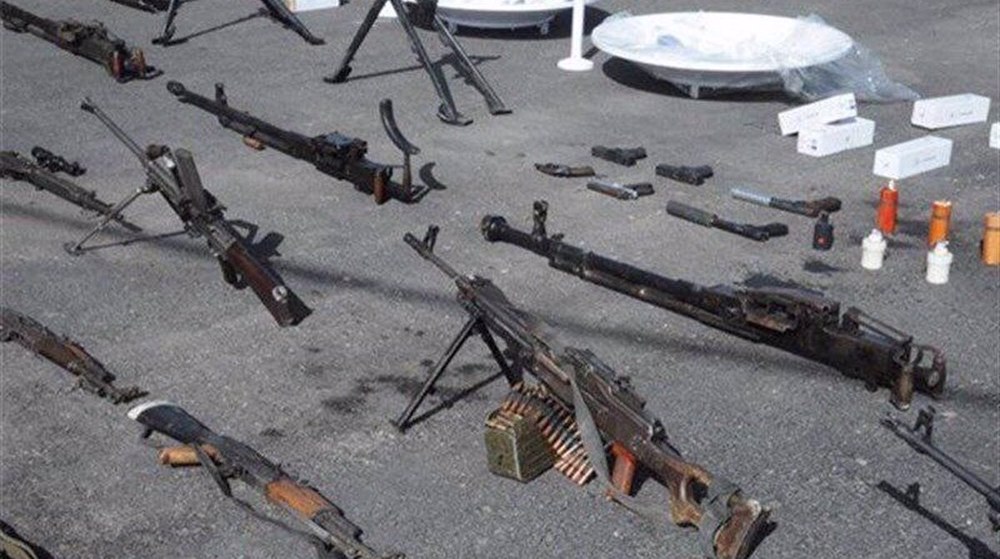
Iranian intelligence forces bust Takfiri terror network, seize weapon cache
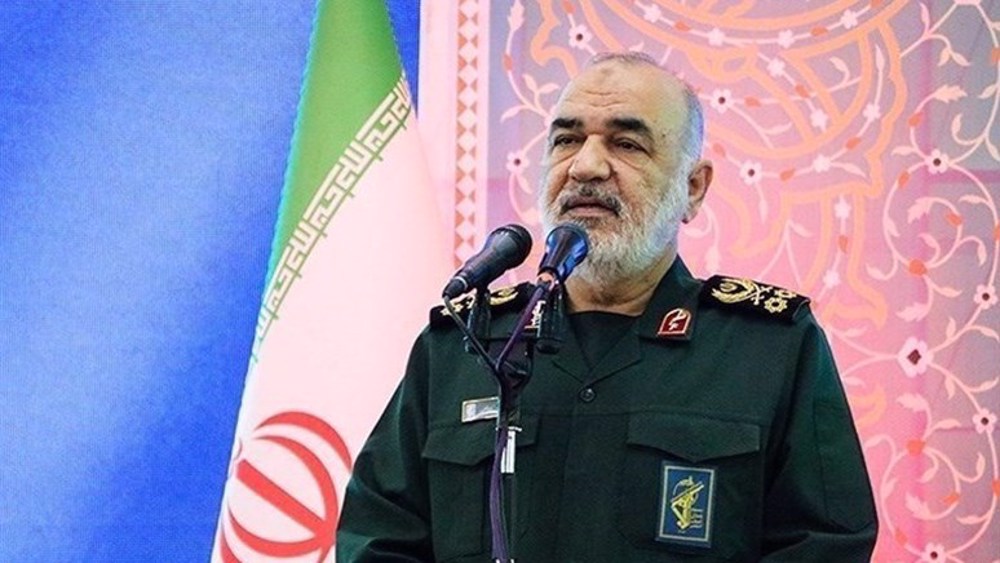
IRGC chief: Enemies have yet to receive ‘serious’ blows
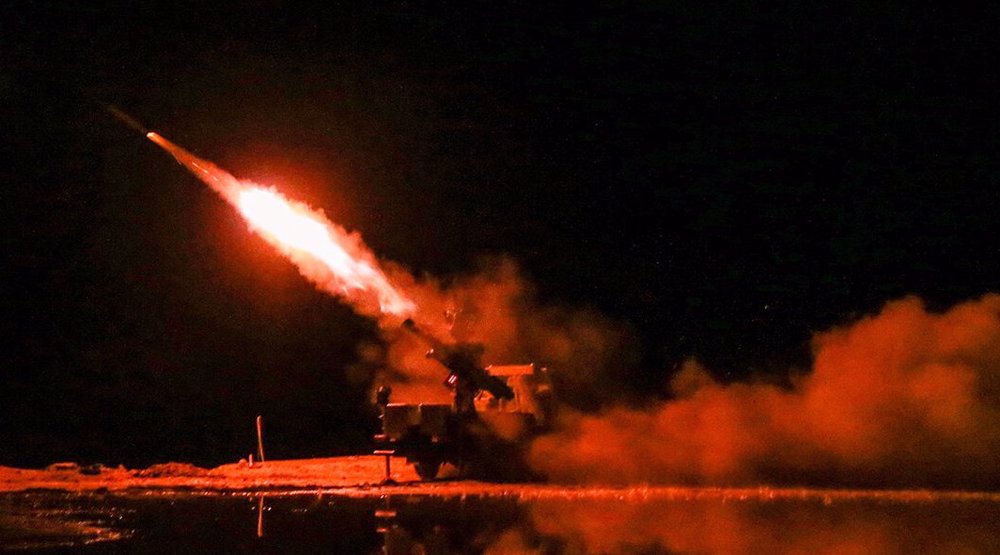
Iranian air defense system, offensive drone destroy targets during major maneuvers
Iranian flotilla makes port call in India with 'friendship message'
How UK counter-terror police colluded with Zionists to detain me after Beirut trip
Biden, Blinken, Austin referred to ICC over Gaza war crimes
EU will 'do the same' if US implements tariff hikes: France
VIDEO | Press TV's news headlines
British celebrities condemn BBC removal of Gaza documentary
Iran Army acquires tactical vehicles, audio surveillance systems
VIDEO | UK police detain anti-Zionist scholar upon return from Lebanon


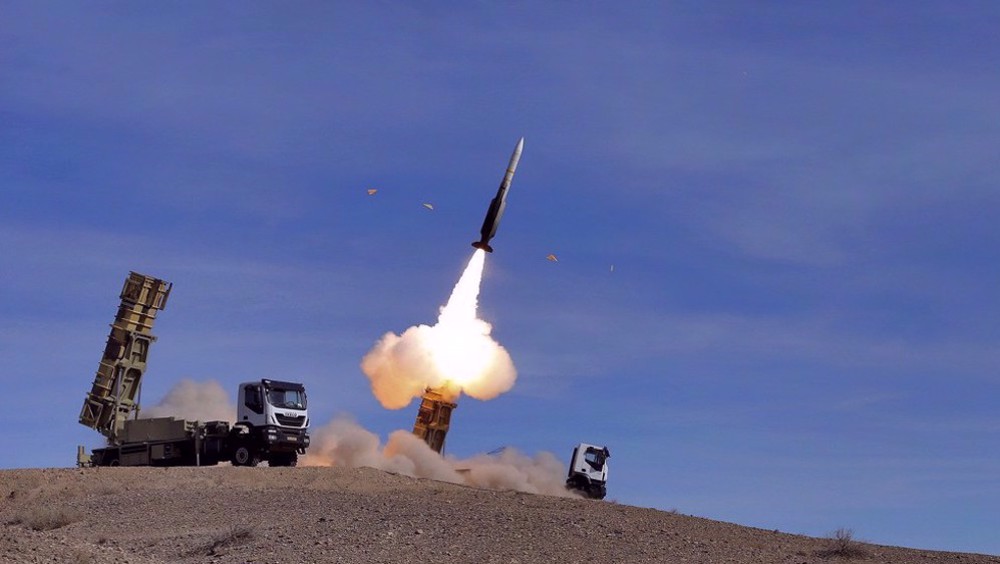
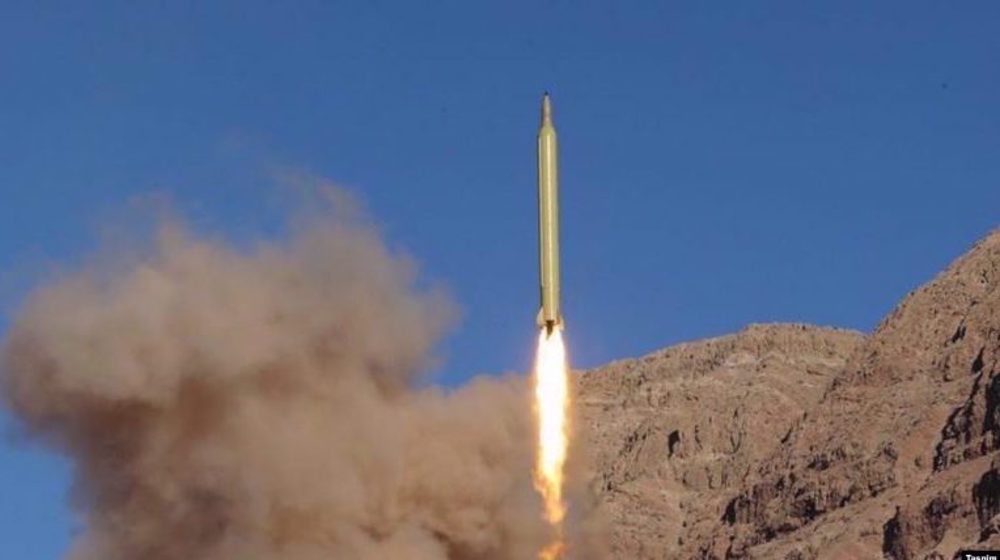
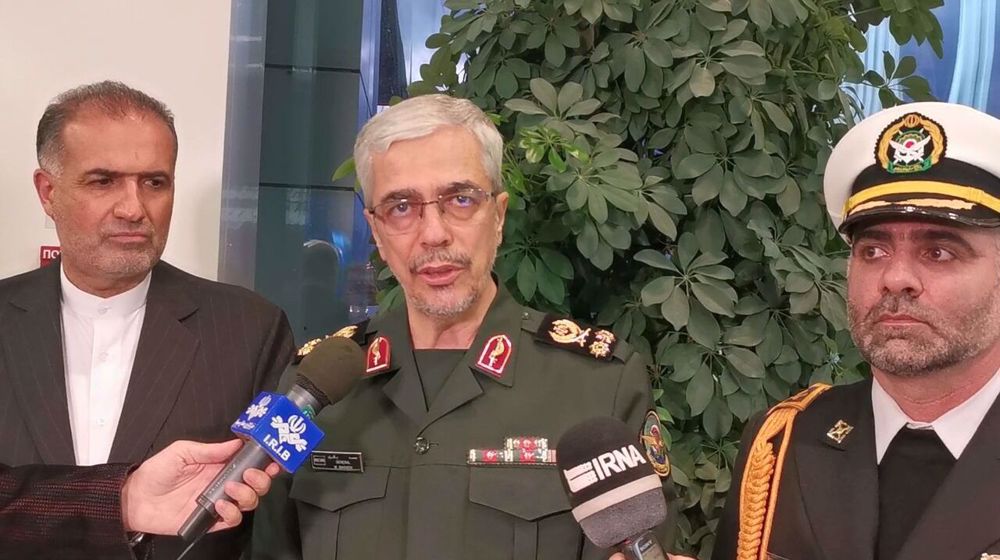




 This makes it easy to access the Press TV website
This makes it easy to access the Press TV website